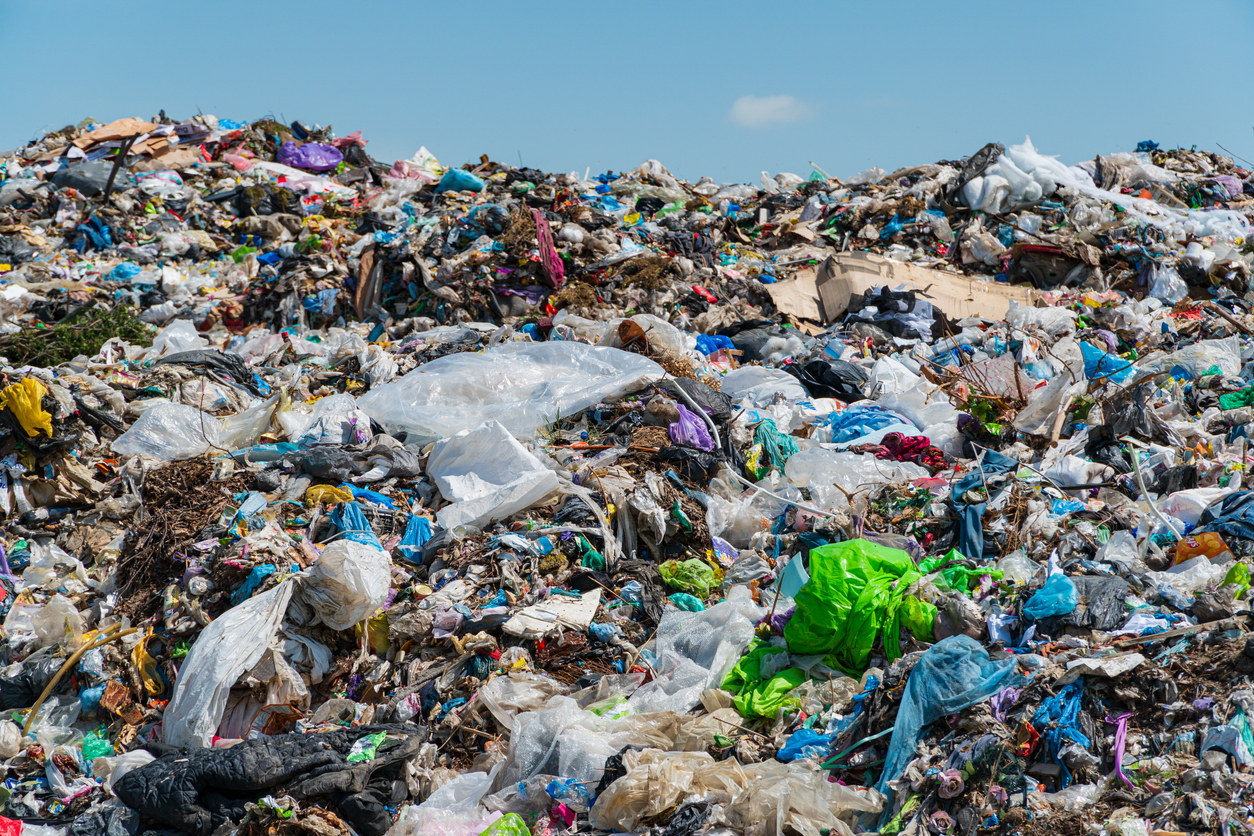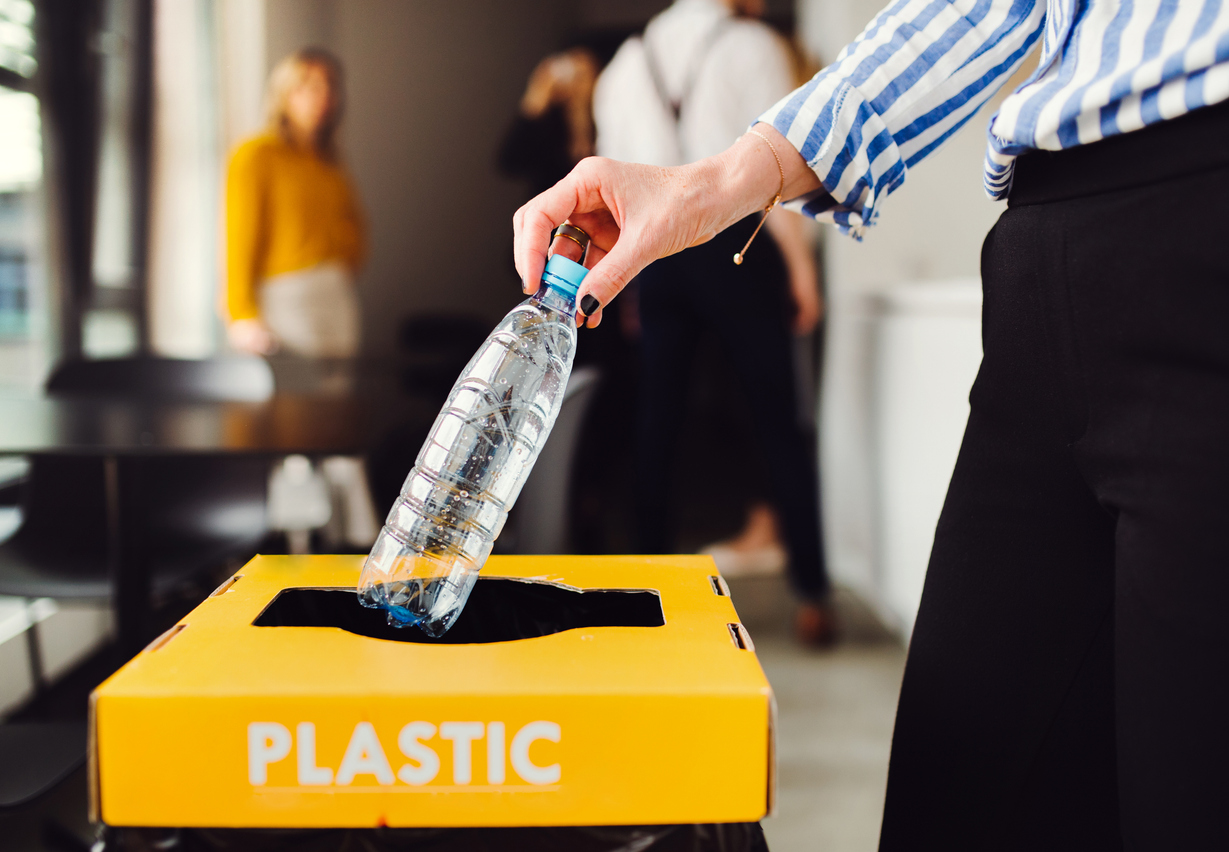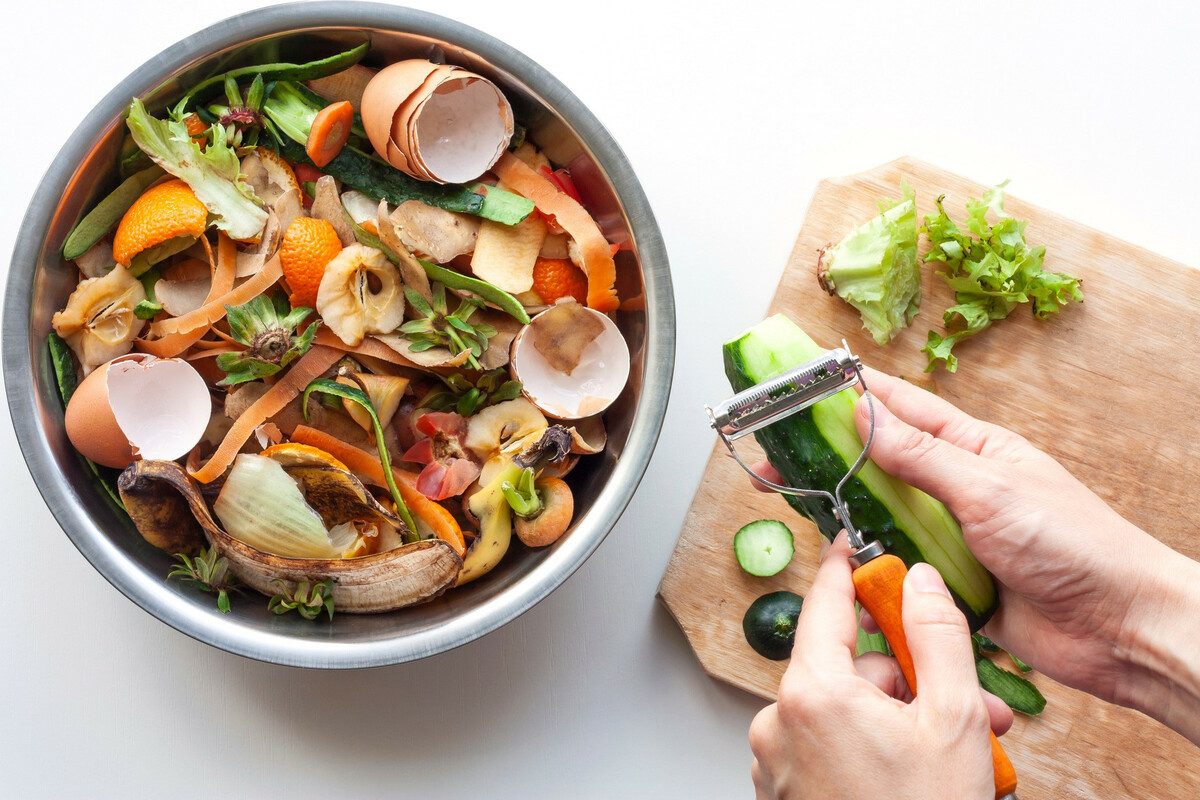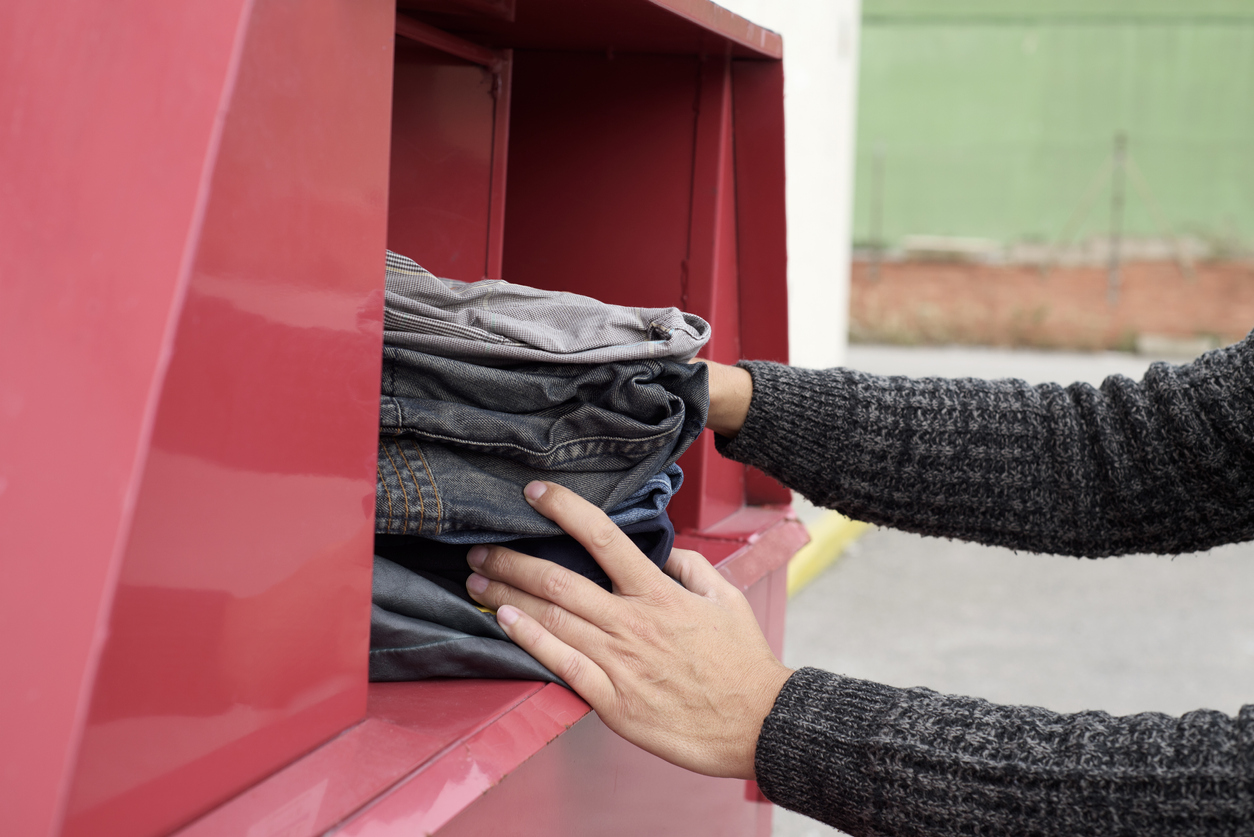Today, overconsumption and the accumulation of waste have become major concerns. Every year, tons of waste invade our planet, causing irreparable damage to our environment and our health. Faced with this crisis, adopting more responsible and sustainable behaviors, whether at the individual or collective level, is an essential solution. By acting together with concrete strategies, we can reduce our ecological footprint and contribute to a cleaner and healthier future. Find out how to reduce your waste or use it intelligently in your daily life in a few simple steps.
Why is reducing waste so important?
Waste production has considerable impact on the environment. Every year, millions of tons of waste end up in landfills, oceans and incinerators, contributing to pollution and climate change. Plastic waste in particular poses a major problem. Indeed, they slowly degrade and release microplastics into ecosystems, affecting fauna and flora. Reducing our waste allows us to reduce these negative environmental impacts while protecting our healthharmful microplastics that can end up in our body, particularly through our food.

In addition, waste management represents a significant economic cost for communities and businesses. By reducing the amount of waste produced, these costs can be reduced and resources used more efficiently. Furthermore, adopting waste reduction practices promotes more responsible consumption and encourages us to rethink our production and consumption methods. Inspired by these notions as well as the 2019 law, many companies today display a more positive assessment regarding packaging as well as higher recycling rates even if the manufacture of new plastic packaging remains less expensive than recycling, and therefore more attractive for many companies.
Finally, reducing waste contributes to the fight against food waste. By adopting more thoughtful consumption habits, we can reduce the amount of food thrown away and thus participate in better use of food resources. To go further in zero waste and counter the negative effects of waste on the planet, there are, however, always more good actions and reflexes to adopt on an individual scale and within companies.
How to reduce waste in business?
Businesses have a key role to play in reducing waste. By adopting sustainable practices, they can not only improve their environmental impact, but also save money and improve their brand image. Among other strategies, it is possible to raise awareness and train employees on the importance of waste reduction. Training sessions can be organized between colleagues to explain good practices and the objectives to be achieved. This makes it possible to involve everyone in this process and therefore to guarantee the commitment of all the players in a profession.
Virtuous practices in the professional environment

Businesses can also easily reduce waste by limiting the use of packaging. For example, they can opt for reusable or recyclable packaging to smaller dimensions, but also eliminate unnecessary packaging, both for packaging packages in commerce and during product design. In the industrial sector, theoptimization of production processes also allows a significant reduction in waste. This can involve improving the efficiency of machines, reducing losses of raw materials and implementing more environmentally friendly production processes. Encourage suppliers to adopt similar practices is also a good initiative.
In addition, it is possible to ensure a better office waste managementoften produced in large quantities. This can notably involve the implementation of selective sorting policies and the fact ofencourage the use of reusable equipment (cups, bottles, stirrer, etc.). When possible, it is also better limit printing of paper documents. The transition to digital is good here! Above all, companies can set up recycling programs for different types of waste (paper, plastic, metal, etc.) and offer collection points for electronic waste. In addition, they can encourage the reuse of materials, for example by setting up deposit systems for reusable products.
Finally, companies can support eco-responsible initiatives such as composting organic waste or participating in community recycling programs.
How to lighten your trash on a daily basis?

On an individual level, everyone can adopt simple actions to reduce their daily waste. For example, favor bulk purchases allows us to reduce packaging, both for hygiene products and household products as well as for food. Use reusable bags, jars and airtight boxes to store food and products also helps reduce waste. Here, do not hesitate to favor glass and metal rather than plasticless sustainable in every way.
The advantage with these sustainable packaging is that they can also accommodate homemade maintenance, care and beauty products. Detergent, fabric softener, multi-use spray, soap, shampoo, toothpaste… There are effective recipes for doing just about everything with simple and inexpensive natural ingredients. We can’t do anything more ecological, economical and zero waste than that!
Smart product and brand choices

Limit disposable products (such as plastic cutlery, paper napkins, tissues and paper towels, water bottles, sponges, cotton balls or cotton buds, diapers and sanitary products, razors, etc.) that massively and unnecessarily weigh down the trash cans. Plus, some are going to disappear by 2040 anyway, so get used to it sooner rather than later. So opt for reusable alternatives (metal cutlery, cloth napkins and handkerchiefs, microfiber cloths, water bottles, filter jug, tawashi sponge, menstrual cup, sanitary napkins, cotton pads and washable diapers, oriculi, safety razor, etc.).
On a daily basis, making sure to buy durable, quality products, avoiding over-packaged products and favoring eco-responsible brands with recyclable packaging allows you to lead your life as usual without changing your daily life too much or losing comfort.
Against food waste and waste

To reduce food waste, it is also possible to plan your meals and snacks for the weekand prepare them in advance as much as possible to no longer buy processed products that are too packaged and harmful to your health. In addition, store food correctly and get used to cook leftovers like the less “noble” parts fresh products (tops, bark, peels, etc.). And of course, make sure tobuy in reasonable quantities and favor seasonal products.
If you can, equip yourself with a composting bin. Food scraps, vegetable peelings, egg shells, coffee grounds, tea and even some papers can be composted. The compost obtained can then be used to enrich the soil in the garden and vegetable patch. Otherwise, communities collect this organic waste to make humus, then often used in local green spaces.
Latest advice against waste

Make sure to sort your waste correctly to ensure very efficient recycling. However, each municipality has its own sorting rules. It is therefore important to find out and follow local instructions.
Before throwing away a broken item, it is also worth see if it can be repaired or recycled. Many appliances and furniture can be repaired with a little know-how or professional help, and it will often be cheaper than buying new. Clothing can also be taken back or transformed. Instead of throwing away clothes and items in good condition that you no longer want, also consider donating, renting (for small household appliances) or selling. Second hand also allows you to buy what you need cheaply without further depleting the world’s resources.
Finally, it is essential to think about your real needs before buyingbecause this also allows us to avoid unnecessary purchases and therefore not to waste, both for food and clothing and all everyday purchases.


